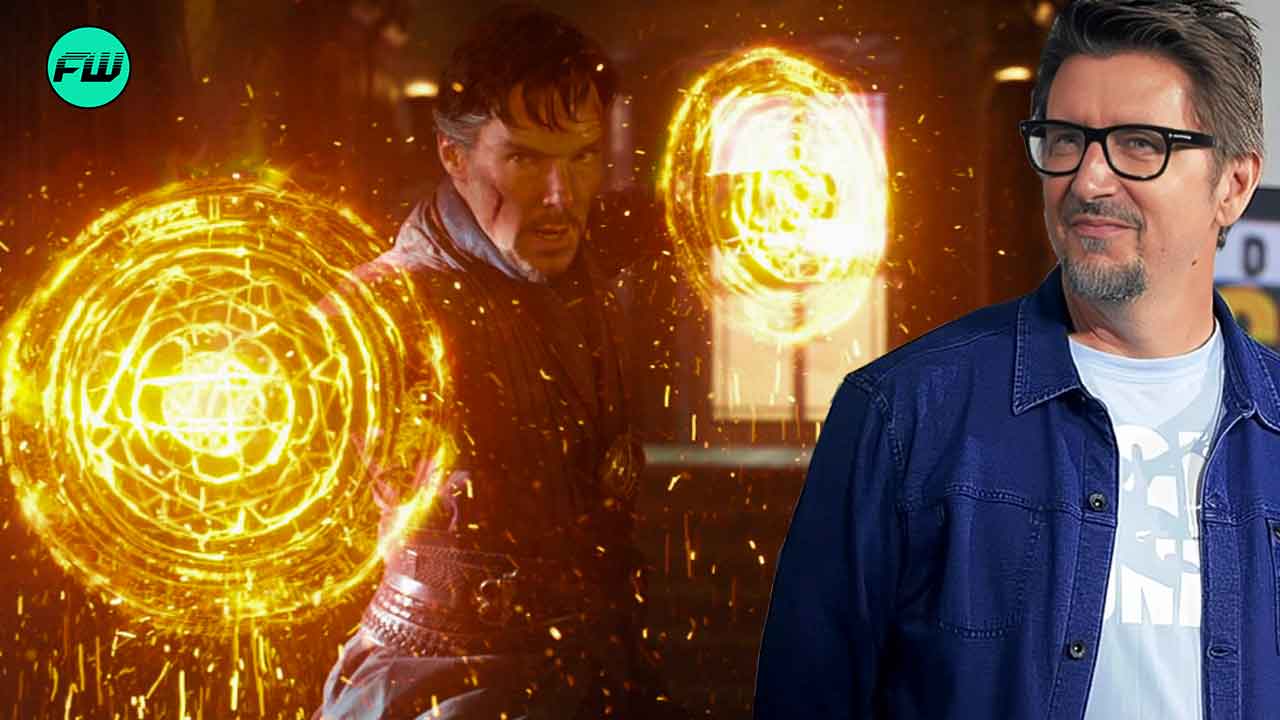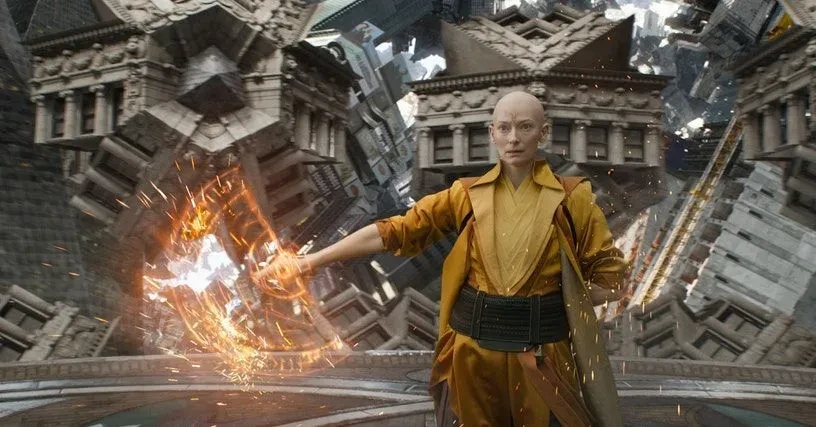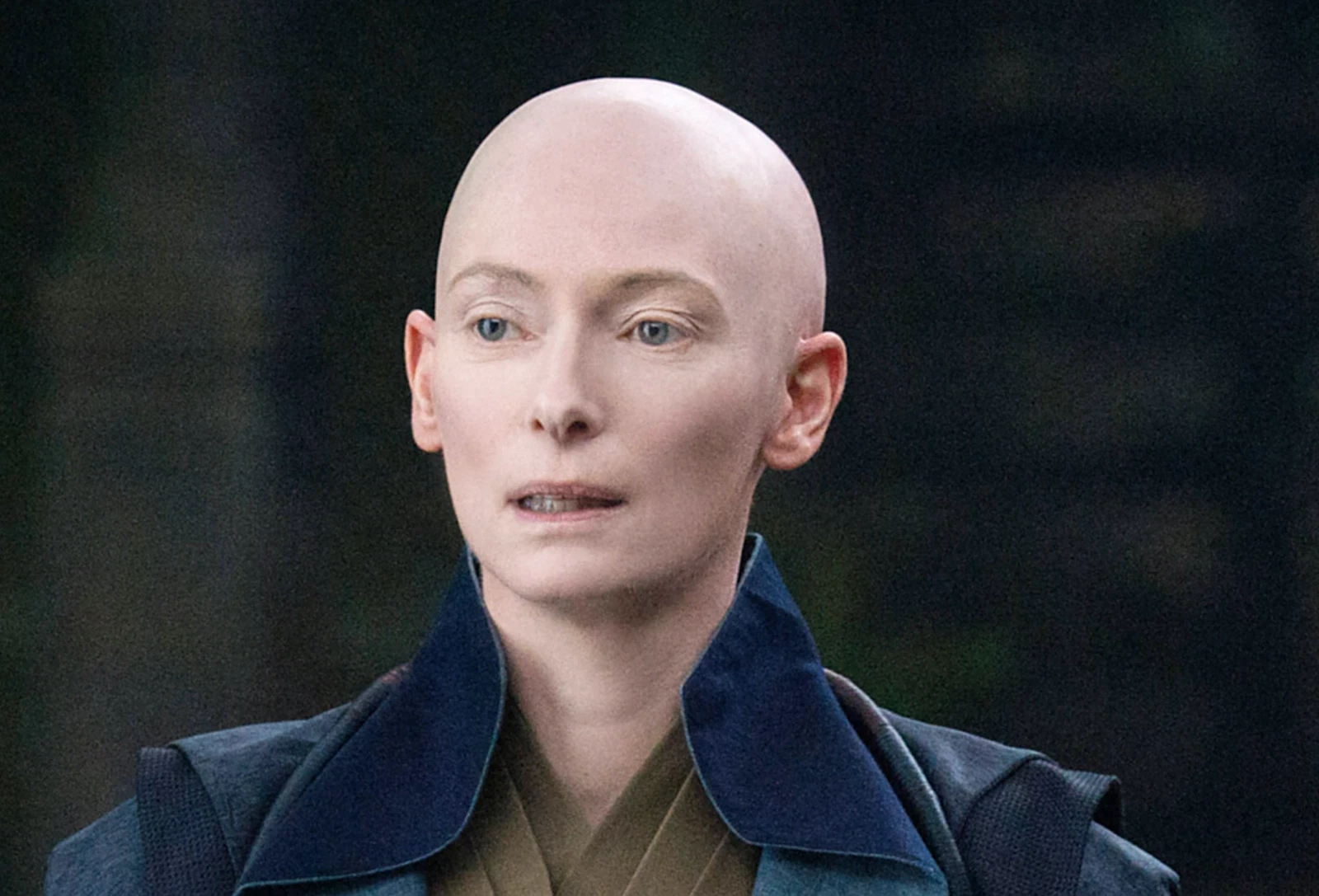Scott Derrickson speaks out about the controversy surrounding one of his decisions in Doctor Strange.

Around the time Doctor Strange was opening in the fall of 2016, MCU was at its peak with back-to-back iconic action flicks surrounding the titular Avengers characters. However, with all eyes on the upcoming movies, Scott Derrickson’s Doctor Strange faced intense scrutiny and backlash surrounding one controversial decision that was made with the best intentions.
![Doctor Strange (2016) [Credit: Marvel Studios]](https://fwmedia.fandomwire.com/wp-content/uploads/2024/04/27084145/Doctor-Strange-2016-Credit-Marvel-Studios.jpg)
According to reports, it was Tilda Swinton’s casting as The Ancient One in Doctor Strange that faced a public outrage. Since her original Marvel character was an Asian man, Swinton’s casting was met with accusations of whitewashing in Hollywood despite Scott Derrickson’s intentions of avoiding racial stereotypes.
Tilda Swinton’s Controversial Casting as The Ancient One in Doctor Strange
Marvel has always had this strange habit of playing with character depiction in movies, compared to their original self in the comics. Although this peculiarity didn’t always sit well with audiences, most of them gradually got habituated to it. However, one thing that still bothers fans is the MCU’s decision to whitewash characters.
It was back in 2016 when MCU’s Doctor Strange was released and the studio witnessed massive backlash surrounding Scott Derrickson’s decision to cast Tilda Swinton as The Ancient One, who was originally depicted as an Asian man in the comics. Although people weren’t much concerned about the gender of the character, they were truly offended by the racial depiction.

While Marvel Studios chief Kevin Feige went on record to express his regrets surrounding Tilda Swinton’s casting as The Ancient One in Doctor Strange, director Scott Derrickson held his ground. Claiming to have a rude awakening despite his innocent intentions of avoiding the cliché of the wizened, old, wise Asian man, Derrickson broke his silence on the controversy.
Director Scott Derrickson Opened Up About the Intentions Behind His Decision
Speaking with THR and addressing the bold accusations of “whitewashing” a character traditionally depicted as an Asian man in the Marvel comics, Doctor Strange director Scott Derrickson expressed his intentions behind the decision. Admitting that he wanted to break the American stereotype of Eastern characters, Derrickson mentioned coming up with the plan.
Looking at Marvel movies, I think that we’re missing a major character that is Tilda’s age and has this kind of strength and power… The Ancient One in the comics is a very old American stereotype of what Eastern characters and people are like, and I felt very strongly that we need to avoid those stereotypes at all costs.

However, as his plan backfired following the release of the film’s trailer, director Scott Derrickson expressed his surprise at the controversy, stating that he had aimed to avoid racial stereotypes and create diversity in the cast. Discussing with EW, how his good intentions failed to resonate with audiences, Derrickson recalled having a strange awakening.
I was a little surprised by it. Certainly, our intentions were to subvert racial stereotypes and to create the best possible diversity within the cast. To avoid the stereotypical ‘magical Asian,’ we cast Tilda.

Scott Derrickson evidently chose Tilda Swinton for the role, as he aimed to create diversity in the Doctor Strange cast, as he felt Marvel movies were missing a major character of Swinton’s age with strength and power. Unfortunately, despite his intentions, critics accused the film of whitewashing, given the original character’s Asian background.
Thereafter, Doctor Strange opened at theatres to mixed reviews from critics. The movie bagged $676M at the global box office against its $165M production budget, via The Numbers. While the film’s visual effects and action sequences were praised, the casting controversy significantly overshadowed the movie’s achievements.



